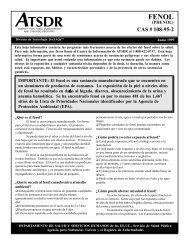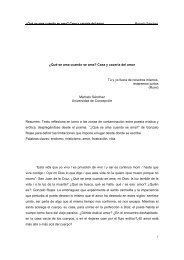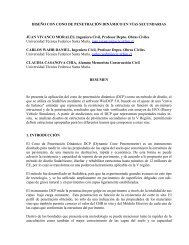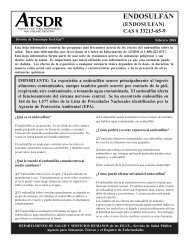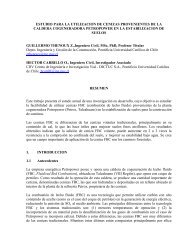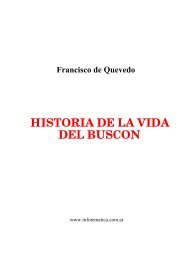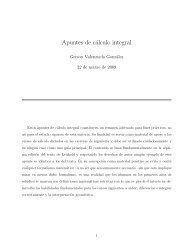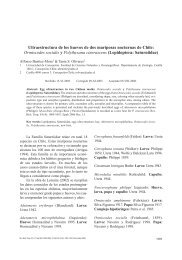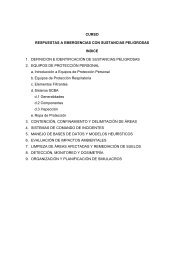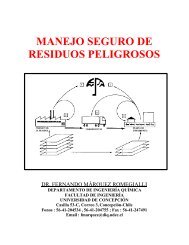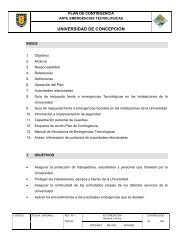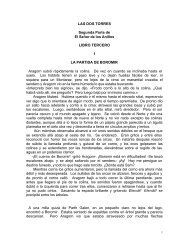Beer : Health and Nutrition
Beer : Health and Nutrition
Beer : Health and Nutrition
Create successful ePaper yourself
Turn your PDF publications into a flip-book with our unique Google optimized e-Paper software.
146 Chapter Six<br />
Alcohol encourages sleep initially, but reduces overall sleep <strong>and</strong> induces restlessness<br />
by reducing REM sleep time (Vitiello 1997).<br />
Feelings of pleasure have been linked to levels of dopamine in the body (Berridge &<br />
Robinson 1998). Schmidt et al. (2001) report how alcohol-dependent patients display<br />
a reduced sensitivity in their central dopamine receptors.<br />
Kidney <strong>and</strong> urinary tract<br />
Alcohol dehydrates the whole body (except the brain, which swells) because of a diuretic<br />
impact on the kidney (Olson 1979). This explains the merit of drinking plenty of water<br />
before retiring to bed after drinking.<br />
Buday <strong>and</strong> Denis (1974) <strong>and</strong> Piendl <strong>and</strong> Wagner (1985) have researched the diuretic<br />
effect of beer. <strong>Beer</strong> is rather more diuretic than is water, <strong>and</strong> several components,<br />
including organic acids <strong>and</strong> other yeast fermentation products <strong>and</strong> polyphenols, are<br />
said to contribute.<br />
A category of persons at risk from consuming beer is those with gout (Eastmond et<br />
al. 1995). Gout is an arthritic condition caused by high levels of uric acid circulating in<br />
the blood. There is an attendant deposition of crystals of urate in connective tissue <strong>and</strong><br />
this stimulates an acute in ammatory reaction. Alcohol is certainly not the only cause,<br />
others being gluttony <strong>and</strong> excessive eating, diuretic pills, infection, <strong>and</strong> even aspirin.<br />
Alcohol is more of a risk if its intake is not accompanied by proper eating. There is<br />
a major genetic impact on an individual’s predisposition to gout. Susceptible people<br />
need to avoid purine-rich foods such as liver, kidney <strong>and</strong> shell sh. Some beers may be<br />
a particular problem when compared to other alcoholic drinks because they may contain<br />
signi cant quantities of purines (see Chapter 5).<br />
There is good evidence that beer is superior to water alone in ‘ ushing out’ the<br />
kidneys <strong>and</strong> protecting the kidney against stones (Curhan et al. 1998; Shuster et al.<br />
1985; Krieger et al. 1996). Hirvonen et al. (1999) observed that beer consumption<br />
was inversely correlated with a risk of kidney stones (urolithiasis), with each bottle of<br />
beer consumed daily being estimated to reduce risk by 40%. The authors say that high<br />
intakes of calcium, potassium <strong>and</strong> water are associated with lowered risk of kidney<br />
stones. Magnesium intake, too, may have a role. Curhan et al. (1996) also found that<br />
beer, as well as wine, tea <strong>and</strong> coffee, reduced the risk of kidney stones. Apple juice <strong>and</strong><br />
grapefruit juice increase the risk.<br />
In a curious study, Nagao et al. (1999) presented evidence to suggest that the older<br />
<strong>and</strong> more stale the beer, the less was its tendency to promote urination. Adding materials<br />
to beer that detracted from its quality by introducing unpleasant tastes also lowered<br />
urination rate.



